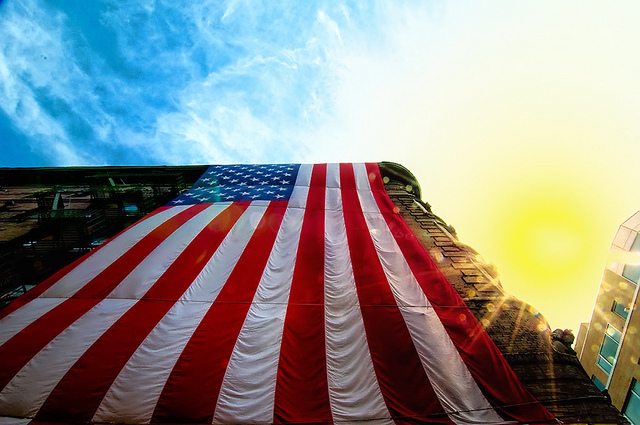Since the beginning of the Arab Spring, the global media has been reporting news of protests and civil wars in both Africa and Middle East.
While countries such as Egypt and Libya took the spotlight, in a small country about 3000 miles away, strikingly similar protests were held against a dictator who has been president of the country for 18 years.
Yahya Jammeh took control of Gambia in 1994 through a military coup, promising to turn the country into a democracy in four years. Since then he has won four successive elections allegedly through suppressing opposition and using legal force to quash uprising and dissent.
The Guardian writes: “His government is accused of procuring the killing, disappearance or exile of scores of journalists.
“A few days before he flew from Banjul for the 64th session of the UN general assembly in New York, Jammeh explicitly threatened to kill human rights workers in his country, including visiting human rights workers and people who co-operate with them.”
The media group Reporters Without Borders note that: “Despite the existence of a civilian government, headed by young president, Yahya Jammeh, the country is the reserve of a small clique of frequently irrational soldiers, who imprison, torture and terrorise often randomly, those who dare to clash with the head of state or his friends.”
The latest elections in the country held in November 2011 saw Yahya Jammeh on top again. Calling the elections fraudulent and won by intimidation, criticisms have been raised around the world. The BBC reports that “The West African regional body ECOWAS [The Economic Community Of West African States] said the electorate had been ‘cowed by repression’”.
On 16 December 2011, the members of the Gambian Society in UK staged a protest outside 10 Downing Street. The group of protesters handed a petition to Prime Minister David Cameron urging him to call the November elections fraudulent, the rule of Yahya Jammeh illegitimate, and to help the Gambian people to end his dictatorship.
Gambian Protesters in London [jwplayer config=”Custom Player_small-aside” mediaid=”8314″]One of the protesters said that the aim of the group is to gather international support for the movement.
The group plans to continue protests, since they felt that one event was not enough to create awareness, it has to happen globally. In their petition to the PM they said: “Gambian prisons are congested with thousands of political prisoners denied the right to appear before a judge, a flagrant violation of their constitutional rights.” The protesters urged the British Government in consideration of the fraternal relation it has with their country, to help them find a remedy to the situation.





